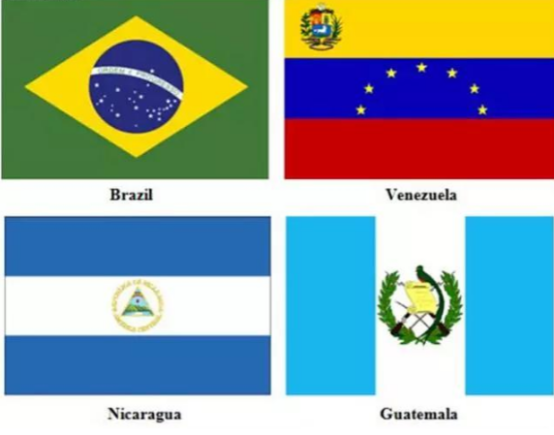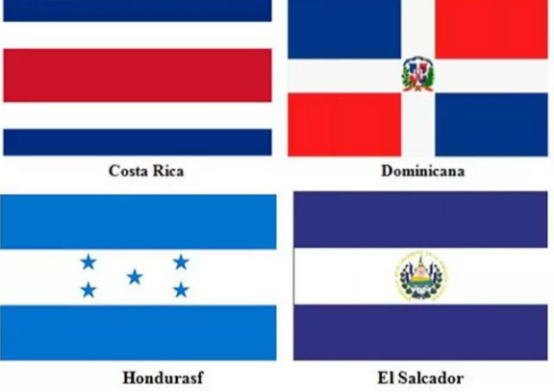Delivery without bill of lading
2022-09-07 15:05
What is delivery without bill of lading
Release without bill of lading, also known as release without original bill of lading, refers to the act of the carrier or its agent (freight forwarder) or the port authority or the warehouse manager releasing the goods with a letter of guarantee according to the duplicate bill of lading or a copy of the bill of lading recorded on the bill of lading without taking back the original bill of lading.
What are the countries that release goods without a bill of lading
Take Brazil as an example. The origin of "releasing goods without bill of lading" can be traced back to relevant laws and regulations in 2006, and relevant adjustments were made in 2013. The new policy clearly stipulates that the importer / freight forwarder shall get the original bill of lading, go to the shipping company to change the bill, and then go to the Customs for customs clearance. After the customs clearance is completed, the goods shall be picked up with the customs release certificate, and the original bill of lading is not required. In the whole process, the customs only played the role of tax supervision.
In general, when the goods are exported to Brazil, it is necessary to cooperate with the agent at the destination port to complete the process of replacing the bill of lading. However, in actual operation, it may occur that the bill of lading of the shipping company is obtained by the consignee without presenting the bill of lading to the agent at the port of destination, thus forming the above-mentioned "release without bill of lading".
Brazil is not the only country that provides for the release of goods without a bill of lading. Latin America, West Africa and many other countries, there are no single release of goods. Angola, Nicaragua, Guatemala, Honduras, El Salvador, Costa Rica, Dominica, Venezuela and other countries, are countries that can be released without a bill of goods. In these countries, are the implementation of unilateral release policy for imported goods. The shipowner's manipulation of the original bill of lading is removed.


In addition, the United States, Canada, the United Kingdom and other countries, a copy of the registered bill of lading is allowed. The practice is Straight B / L of the consignee can not with the "original bill of lading" and only with Notice of arrival on the endorsement and proof of identity of the consignee can pick up the goods. This also means that if the payment is not recovered in time, even if the export enterprise has the original bill of lading in hand, it will be of no help.
Precautions for avoiding delivery without bill of lading
1. When signing the contract, try to use CIF trade terms, avoid FOB as much as possible, and ensure that the right of goods is in the hands;
2. MBL (shipping company bill of lading) shall be issued as far as possible to avoid delivery without bill of lading derived from freight forwarder bill of lading;
3. Learn about the common countries (such as Brazil, Angola, Venezuela, etc.) that release goods without bill of lading. If you export to these countries, you must send the scanned copy of the bill of lading after the payment for goods is received.
What should I do once the goods are released without bill of lading
Through the shipping company website to check the cargo, such as the shipping company website shows that the container has been emptied and loaded for shipment to other destinations, which indicates that the goods have been taken away. At such a time, the original bill of lading is still in the hands of the consignor, it is recommended that the following treatment.
1.timely contact the importer, so that the payment, not because the goods have been in the hands of the buyer agreed to the buyer repeatedly delayed, to agree on the final payment period, and the formation of a written agreement.
2.Send a lawyer's letter to the designated forwarder through the lawyer, saying that the goods have been taken away by the consignee, and let the designated forwarder compensate the loss of the consignor within the limited time.
3.If the designated freight forwarder does not compensate within the limited time, prepare all the fax records and original invoices with the designated freight forwarder and find a maritime lawyer to recover the loss.
4.If the buyer repeatedly delays the payment, find a professional collection agency to intervene to protect the claim in time and avoid the buyer to evade the debt by such means as bankruptcy.
Written by Vivi


